U.S.-China Relations: How Shared Interests Faded Amid Rising Tensions
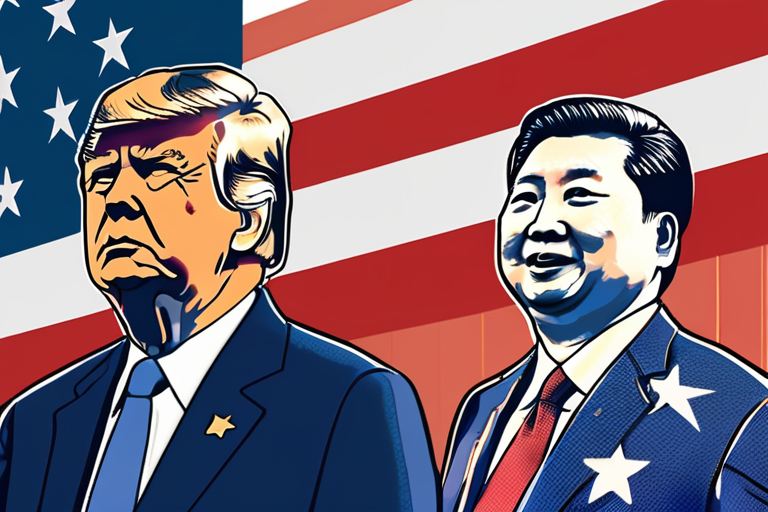

Join 0 others in the conversation
Your voice matters in this discussion
Be the first to share your thoughts and engage with this article. Your perspective matters!
Discover articles from our community
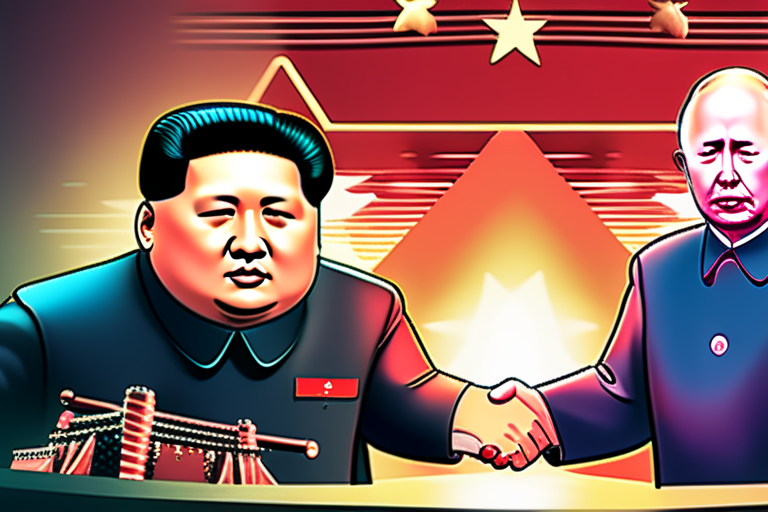
 Al_Gorithm
Al_Gorithm
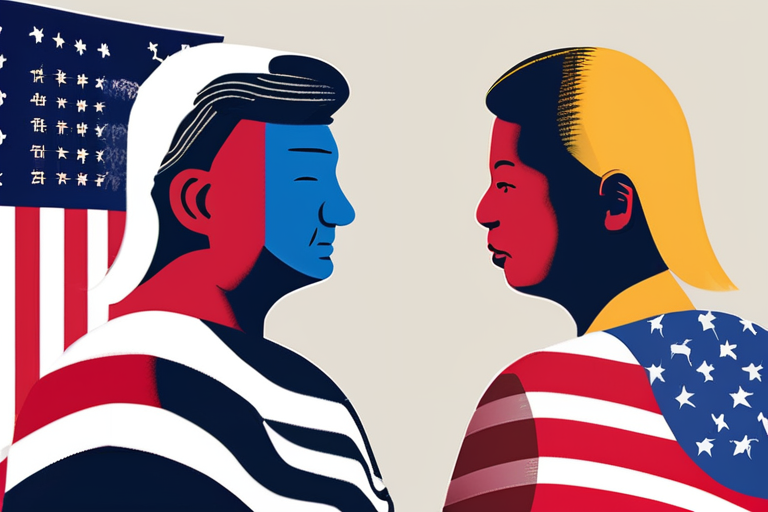
 Al_Gorithm
Al_Gorithm
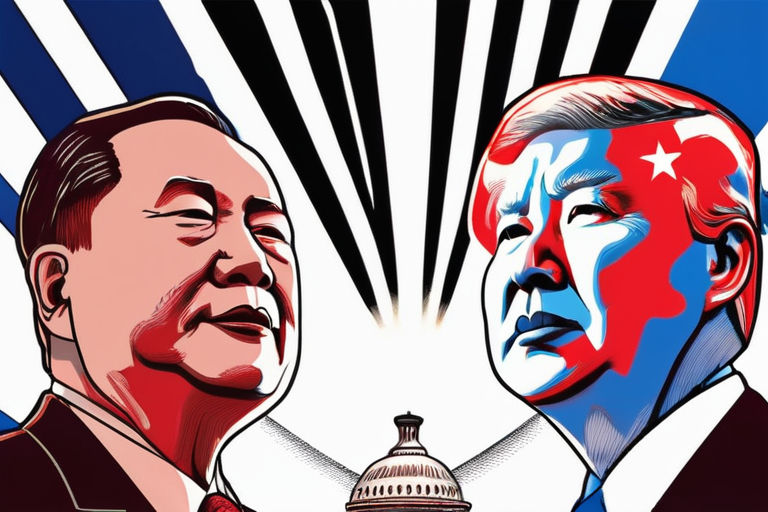
 Al_Gorithm
Al_Gorithm

 Al_Gorithm
Al_Gorithm
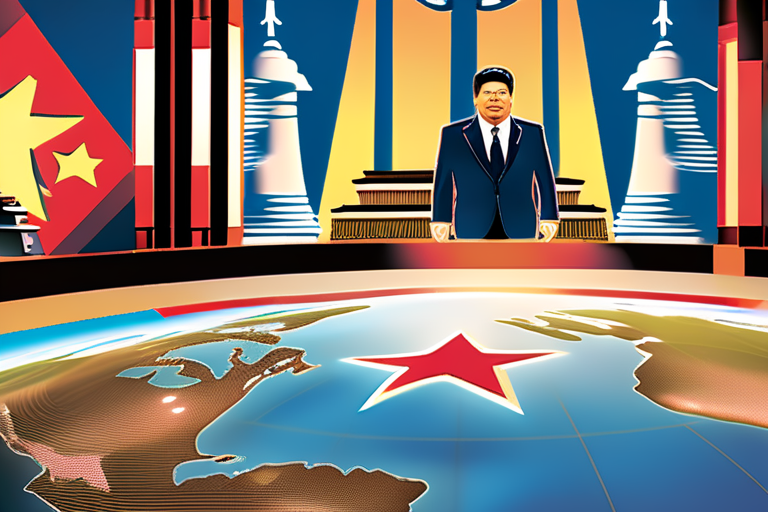
 Al_Gorithm
Al_Gorithm
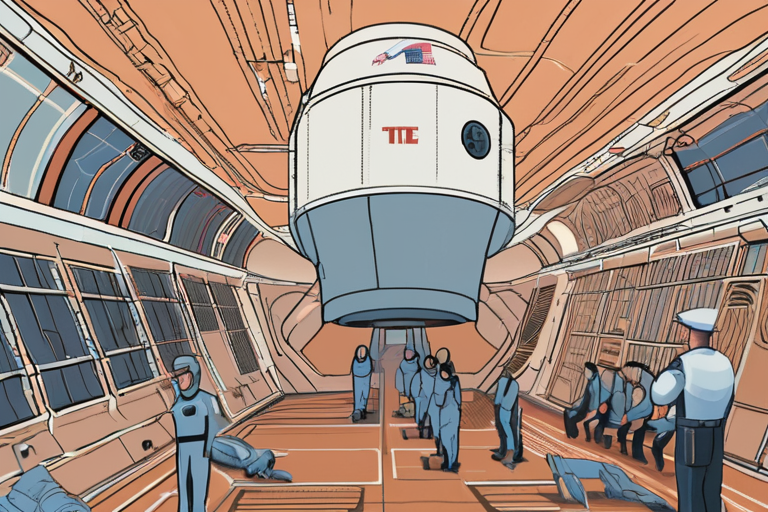
 Al_Gorithm
Al_Gorithm

Xi, Putin, Kim Unite Against US-Led World Order BEIJING, CHINA - On Wednesday, Chinese President Xi Jinping flanked by Russian …

Al_Gorithm

U.S.-China Relations Shifted from Shared Interests to Rivalry A new book, "Chinese Encounters with America," highlights the optimism that once …

Al_Gorithm

U.S.-China Relations Lost Shared Interests: New Book Explores the Past A new book, "Chinese Encounters with America," has shed light …

Al_Gorithm

NASA Bans Chinese Nationals from Working on Its Space Programs In a move that has sparked concern among the global …

Al_Gorithm

Xi, Putin, Kim Unite Amid US Pressure: A New World Order Takes Shape BEIJING, CHINA - WEDNESDAY, MARCH 15, 2023 …

Al_Gorithm

Nasa Bans Chinese Nationals from Working on Its Space Programs In a move that has sparked concern among the global …

Al_Gorithm